People's health at risk unless action taken on energy costs - NHS leaders
- Published
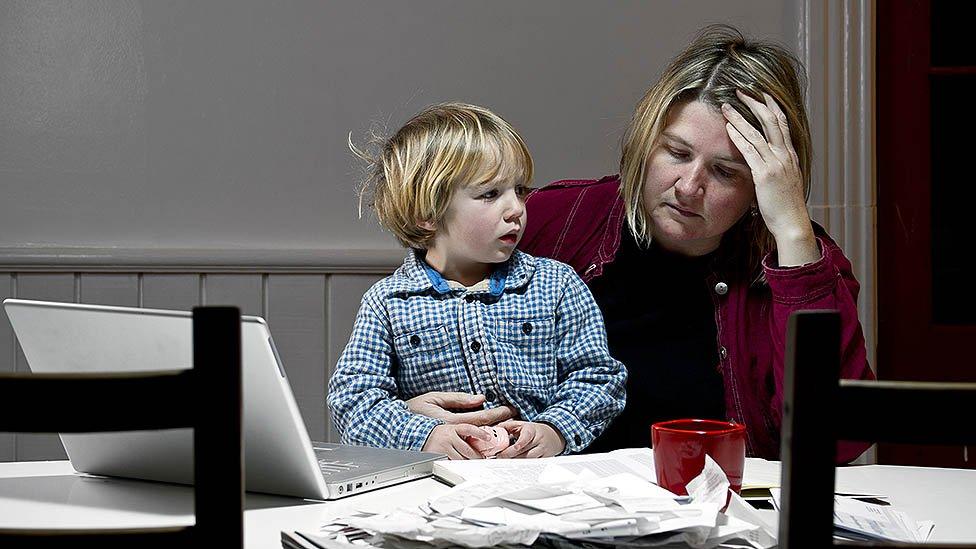
Rising numbers of people will fall sick and see their health worsen unless the government takes further action to limit energy price rises, the NHS says.
The NHS Confederation said the UK was facing a "humanitarian crisis".
The group, which represents health bosses, said many people would face the awful choice between skipping meals to heat their homes or having to live in cold and damp conditions.
But ministers said action was already being taken and the NHS supported.
This includes £400 payments to every household this autumn to help pay energy bills.
However, in a letter to ministers, NHS leaders said that rapidly rising energy prices, along with other cost-of-living pressures, will still leave individuals and families facing impossible choices.
They warn that if people are forced to live in cold homes and cannot afford nutritious food, then their health will quickly deteriorate and the NHS will be left to pick up the pieces.
Cold conditions can lead to a rise in respiratory conditions, and in older people can also increase the risk of heart attacks, strokes and falls.
Cold homes are already linked to 10,000 deaths a year, the NHS Confederation said.
The group warned the risk of ill-health linked to the energy crisis would come on top of what many expect to be one of the toughest winters on record because of the combination of flu, norovirus and Covid outbreaks.
As well as leading to more sickness and illness, the NHS Confederation said it would also have a major impact on mental health and well-being.
Chief executive Matthew Taylor, a former Labour Party adviser, said: "Many people could face the awful choice between skipping meals to heat their homes and having to live in cold, damp and very unpleasant conditions.
"This in turn could lead to outbreaks of illness and sickness around the country and widen health inequalities, worsen children's life chances and leave an indelible scar on local communities."
He also told the BBC's Today Programme the situation presented a "major public health issue" because it would increase demand on a health service already "finding it very difficult" to cope.
More than a third of people across England, Wales and Scotland are already cutting back on food and essentials in order to help with the cost of living, a new survey this month showed.
We're supporting NHS - ministers
The government has promised that households in England, Scotland and Wales will receive £400 to help with rising fuel bills this autumn, with the money paid in six instalments.
About eight million of the poorest households will each receive £1,200.
But since that policy was announced, the predictions for how high energy costs could go have risen.
Latest estimates from consultancy Cornwall Insight suggest the average household could be paying more than £4,200 a year.
That works out at £355 a month, instead of £164 currently.
The government has said it will not take any more action until a new prime minister is appointed next month.
Foreign Secretary Ms Truss, who is the favourite to win the race, has pledged to scrap April's National Insurance rise to help households, cancel a planned rise in corporation tax and temporarily suspend green levies on energy bills.
Meanwhile, former Chancellor Mr Sunak has promised to reduce VAT on domestic energy bills from 5% to zero, and to cut 3p off income tax by late 2029.
A government spokesperson added ministers were continuing to work closely with the NHS to ensure the service was ready for winter pressures, including making provision for increasing the number of hospital beds available.
The Department of Health and Social Care has also confirmed that it is looking at how it could recruit staff from overseas more easily because of winter staff shortage concerns.
It comes after the Times reported the UK was planning an overseas hiring spree, external for UK care homes - and NHS managers could be sent to countries such as India and the Philippines to hire thousands of nurses.
A Department of Health spokesperson said: "Our new international recruitment taskforce is considering innovative ways to boost staffing numbers within health and adult social care.
"As part of this, we will work with the sector and recruitment experts to examine how to recruit staff from overseas more effectively into adult social care."
Last November, the UK government launched a campaign to recruit carers in England, with more than 100,000 roles currently empty in the sector.
According to NHS Employers earlier this month, there are 105,000 vacancies in the NHS and 165,000 vacancies in social care.
BBC analysis of figures earlier this month found the NHS in England is increasingly reliant on doctors and nurses recruited from outside the UK and EU.
Living as a family of 14 coping with rising costs
Related topics
- Published10 August 2022
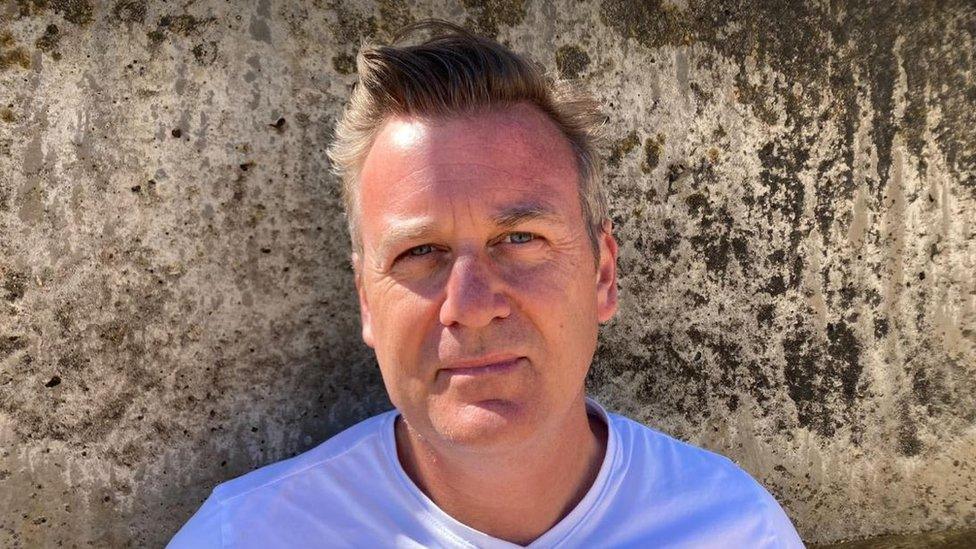
- Published17 July 2024
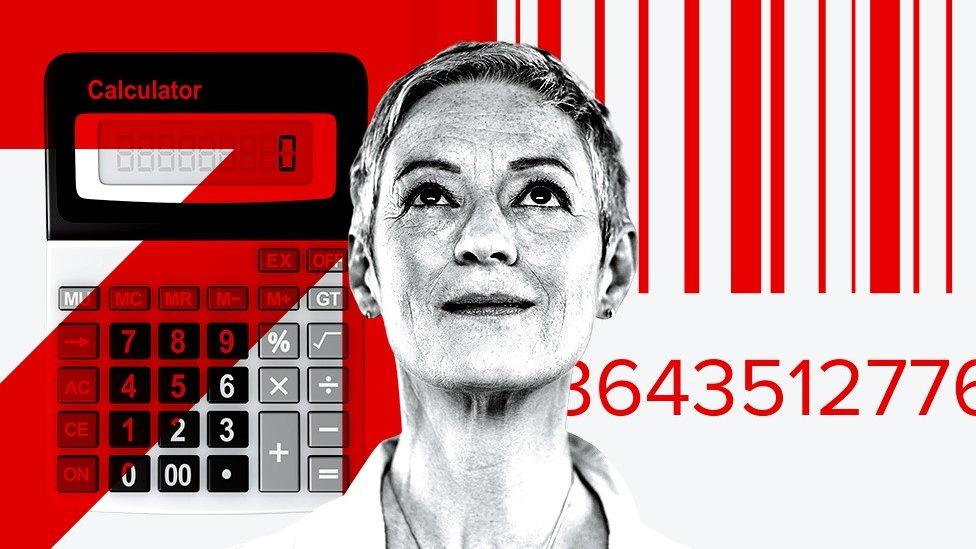
- Published5 August 2022
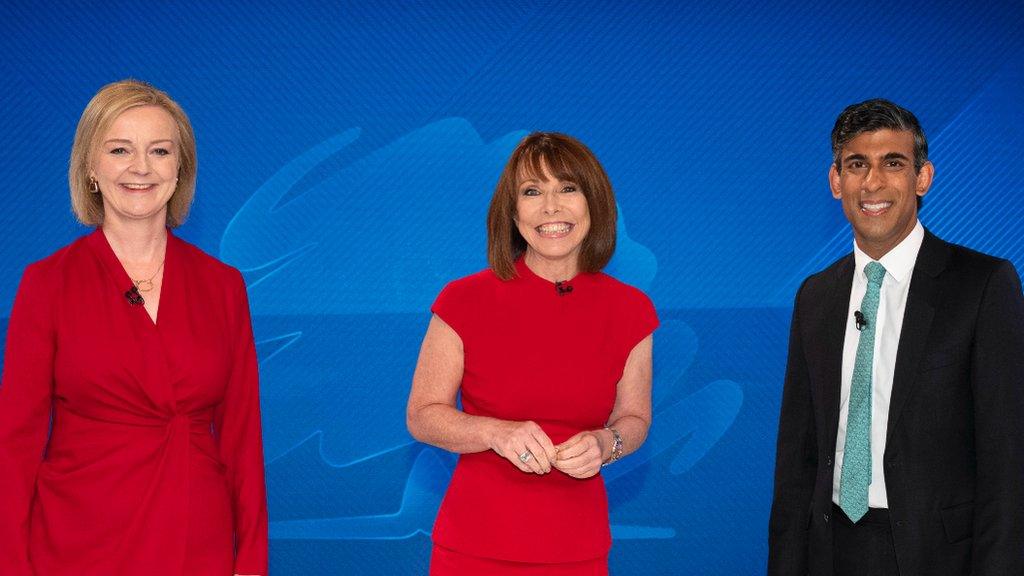
- Published3 April 2024
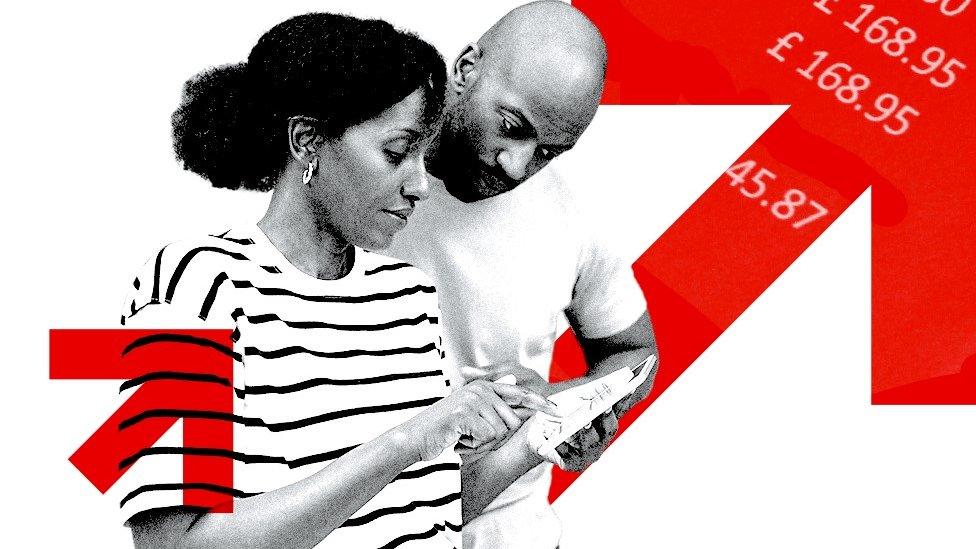
- Published10 August 2022
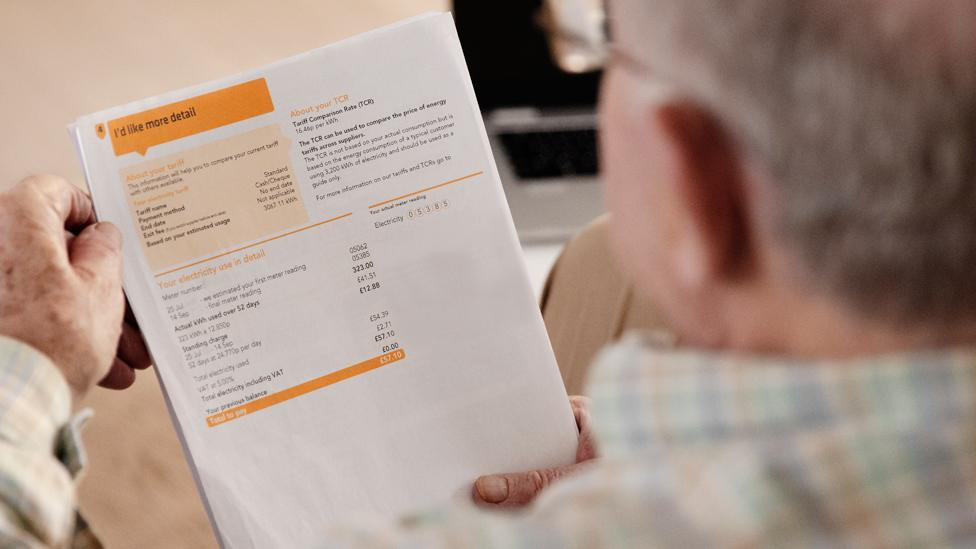
- Published8 August 2022

